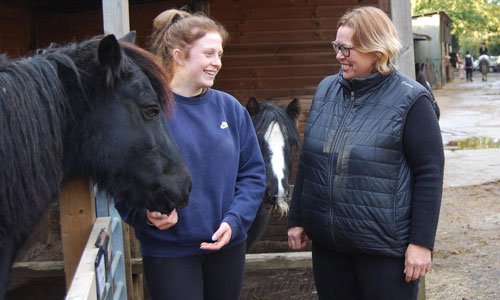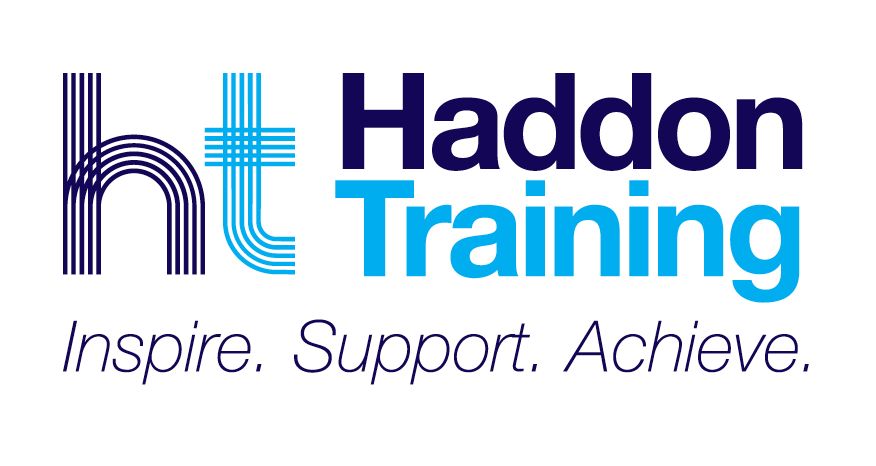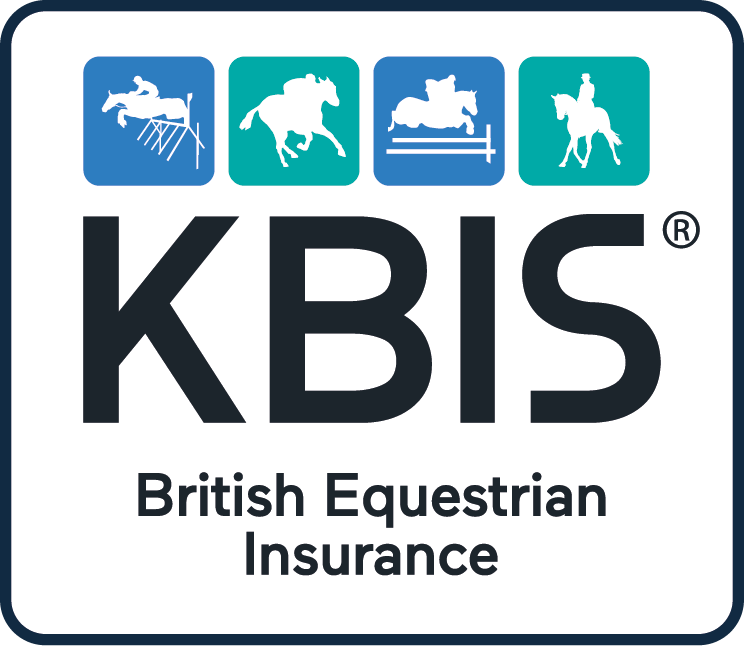- Join Us
- Login
- EEA ToolKit
- Employment Essentials
- Frequently asked
- Contracts and wages
- Time off work & absence
- Staff management & training
- Workplace disputes
- Dismissals and resignations
- Pregnancy and children
- Avoiding discrimination
- Redundancy and Retirement
- Other responsibilities
- Legal Helpline
- Recruitment
- Good Recruitment
- New starters
- Find a groom
- Good Employment
- Resources
- Downloads Library
- EEA Pension & Payroll
- Safe workplace
- Employers Minds
- Transporting horses
- Riding Establishment Licences
- Member discounts
- Business Hub
- Equestrian businesses
- The business plan
- Business compliance
- My clients
- Livery Contract Creator
- Financial matters
- Business challenges
- Marketing
- The EEA
- Employers Life
- Contact

Employer's Life
As we approach September employers might be gearing up for welcoming new apprentices to the yard. An apprentice can be any age, but often they are young workers under 18. Young workers are classed as those aged 15, 16, or 17 and are of legal school-leaving age. The school leaving ages are different in England, Wales, and Scotland and what school leavers must do until they are 18 years old also differs. Young people in England must remain in education or training, whereas those living in Wales or Scotland can start full-time employment. What about overtime? A young worker can work overtime, but only where this does not exceed 8 hours in a day and 40 hours in a week, and it must be paid to ensure pay does not fall below the National Minimum Wage. The hours in which a young worker is at work must be closely monitored to ensure employers are compliant with the Working Time Regulations. The Equestrian Employers Association has been created to help employers of all sizes of business to be compliant, thereby helping you to protect your business. Your team are key to the performance and development of your business which is why looking after them is so important. If you would like help and support when it comes to employing your staff have a look at how we can help you today.Are you employing a young worker?
30th August 2023

It’s worth noting at this point that employing people under the legal school leaving age will be restricted and usually requires a permit from their local authority. Employing someone of this age without a permit will mean that employers are not insured against accidents involving the child.
Working hours and rest breaks
Under the Working Time Regulations 1998, young workers aged 15 -17 have additional rights in relation to their working hours and rest breaks. The key points are:
Too often young workers in the equestrian industry are being told to stay late to finish duties or to wait for the vet/farrier to finish their visit. If a young worker has already worked the maximum of 8 hours that day or 40 hours that week, then they are not able to do this, and it must be passed to another member of the team.
A specific risk assessment should always be carried out when there are young workers on the yard. Young workers should not be relied upon for sole charge, or for anything that is above their skill level. They should be able to learn in a safe environment enabling them to build competence and confidence over time.
So, what changes once a worker reaches the age of 18?
BLOG ARCHIVE
- 2026 (3 ENTRIES)
- 2025 (18 ENTRIES)
- 2024 (10 ENTRIES)
- 2023 (10 ENTRIES)
- 2022 (6 ENTRIES)
- 2021 (4 ENTRIES)
- 2020 (7 ENTRIES)
- 2019 (14 ENTRIES)
- 2018 (9 ENTRIES)






















-Small.jpg)



